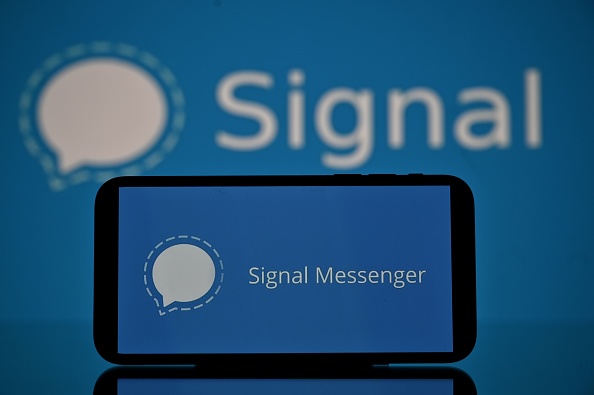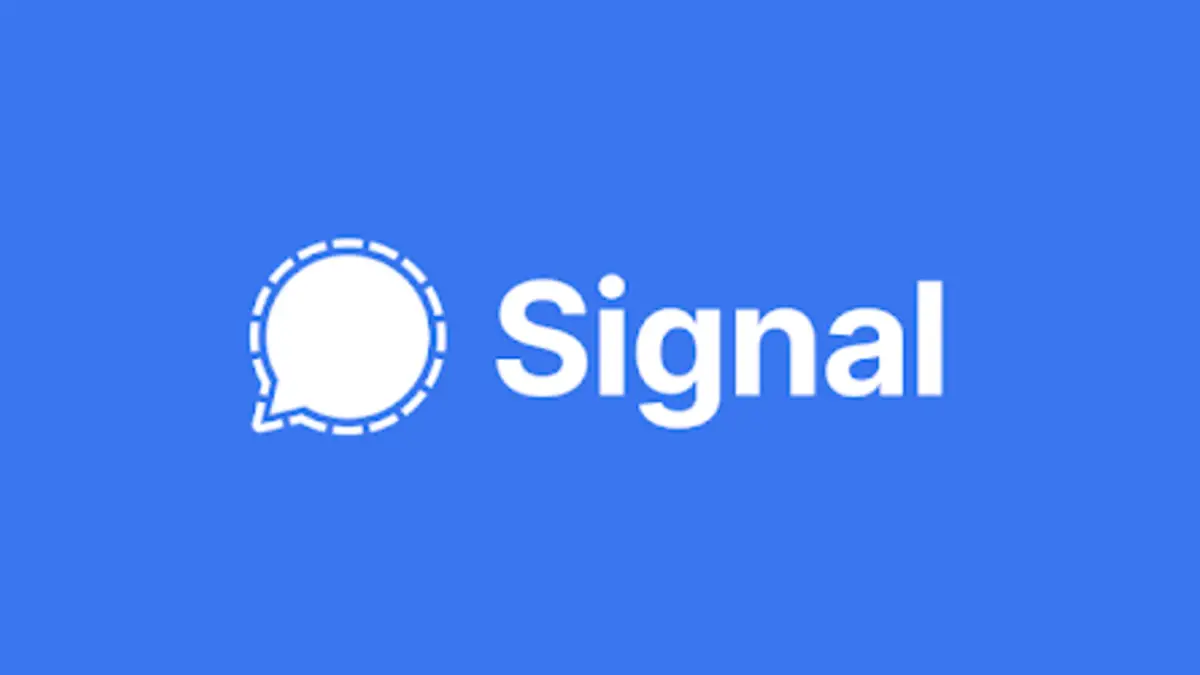

She is on the board of directors for the Center for Technology and Democracy, Consumer Reports, the Digital Public Library of America, Adventure Scientists, and, as well as a trustee of the American University of Beirut. Maher is a term member of the Council on Foreign Relations, a World Economic Forum Young Global Leader, and a security fellow at the Truman National Security Project.

Prior to Wikimedia, she was the Director of Advocacy for the digital rights organization Access Now. She is currently a non-resident Senior Fellow at the Atlantic Council, where her work focuses on the intersection of technology, human rights, and democracy. Katherine Maher is the former CEO and Executive Director of the Wikimedia Foundation, responsible for Wikipedia. in Applied Mathematics from Yale College and is the co-inventor of several United States patents.
#SIGNAL MESSENGER SECURITY SOFTWARE#
Jay has also been a start-up founder, and spent the early part of his career as a software engineer and engineering manager at Firefly Network (purchased by Microsoft) and Oracle. Jay was the SVP of Product and Chief Operating Officer at Mozilla, where he led major releases of Firefox during its ascent and was an evangelist for the web platform and for giving people more choice and control online. Prior to Twitter, Jay was at Facebook, where he led the development of Reality Labs' AI Assistant and then led the Privacy, Integrity, and Systems product teams for Messenger and Instagram Direct. Most recently, he was General Manager of Twitter's consumer and revenue products, leading engineering, product, design, research and data science. Jay is a product builder with an extensive background in senior product and engineering leadership roles in consumer technology. She has a Masters in Law (BCL) and an MSc in the Social Science of the Internet at the University of Oxford, which she attended as a Rhodes Scholar. Amba received her BA LLB (Hons) from the National University of Juridical Sciences in India. She currently sits on the Board of Directors program committee at the Mozilla Foundation. Prior to AI Now, Amba was Global Policy Advisor at Mozilla where she developed and advanced the organizations' positions on issues such as data privacy laws and network neutrality in the Asia-Pacific region and beyond. Federal Trade Commission where she advised the regulator on emerging technology issues. She is currently the Executive Director of the AI Now Institute, a leading policy research organization in New York and Senior Fellow at the Cybersecurity and Privacy Institute at Northeastern University.Īmba served as Senior Advisor at the U.S. Add that to a few other cool features such as face-blurring antisurveillance tools and blank notification pop-up for your privacy, and it’s easy to see why Signal is the winner.Amba Kak is a lawyer and technology policy expert, with over a decade of trans-national expertise advising government regulators, industry, civil society organizations, and philanthropies. Perhaps the biggest difference between Signal and WhatsApp in terms of safety is the fact that Signal does not collect your data when you use the app it only collects your phone number. What it adds to its offerings that WhatsApp doesn’t, however, is the ability to send temporary images and text messages. This includes the ability to send videos, voice messages, GIFs, and even your live location.

Now, how does Signal compare to WhatsApp? It offers all of the same features you can expect to get out of WhatsApp and more.
#SIGNAL MESSENGER SECURITY CODE#
The Signal code is available to any developer, meaning that the app’s creators are pretty transparent about the safety and security level they’re offering. Furthermore, Signal is an open-source app. The protocol ensures that messages are already encrypted from your phone and are only decrypted when they reach the destination mobile. Signal’s proprietary end-to-end encryption protocol (Open Whispers Systems) means that they’re in control of the security features they’re offering. What’s the difference between Signal and WhatsApp in terms of safety? We’ve got the details.įirst and foremost, Signal is a secure messaging app that focuses on offering maximum privacy to prevent third parties from intercepting your communications. After making headlines in early 2021 as a safer alternative to WhatsApp, Signal has gained quite a bit of traction in the world of messaging apps.


 0 kommentar(er)
0 kommentar(er)
